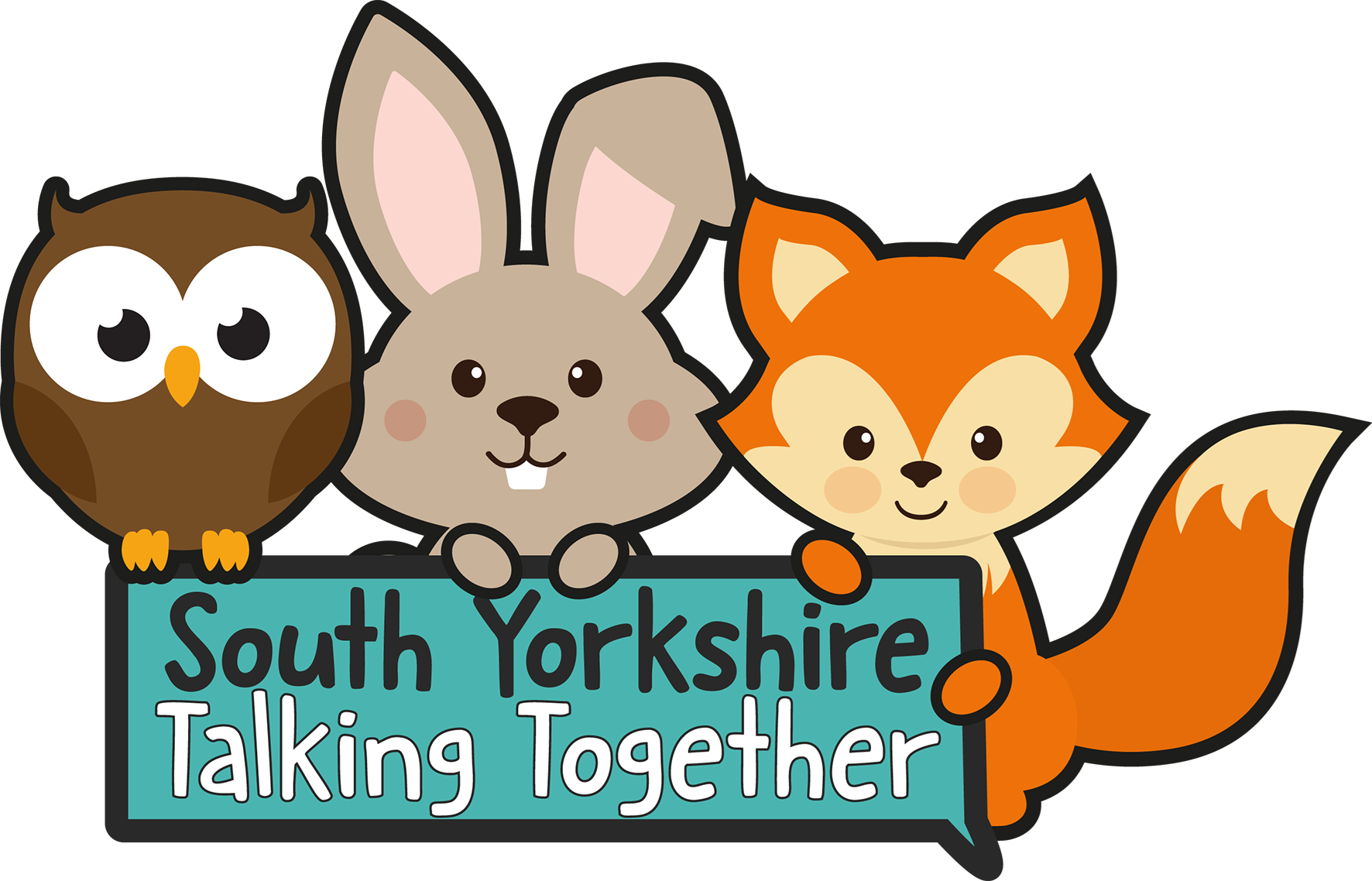English as an Additional Language Support

We can do a lot to support children who are learning English as an Additional Language (EAL) in our Early Year settings. These days there are mainly instances of bilingualism and multilingualism within our settings, and it is our job to support these children in communicating effectively with adults and peers, and to ensure they are progressing well within all areas of learning. At present, data shows that children with EAL under perform in the EYFSP compared with children who first language is English. We therefore need to follow the specific guidance in the EYFS:
"1.8 for children whose home language is not English, providers must take reasonable steps to provide opportunities for children to develop and use their home language in play and learning, supporting their language development at home. Providers must also ensure that children have sufficient opportunities to learn and reach a good standard in English language during the EYFS, ensuring children are ready to benefit from the opportunities available to them when they begin Year 1. When assessing communication, language and literacy skills, practitioners must assess children's skills in English. If a child does not have a strong grasp of English language, practitioners must explore the child's skills in the home language with parents and/or carers, to establish whether there is cause for concern about language delay".
Top Tips to Supporting Children Learning English as an Additional Language
Visual Aids

Positively Encourage Home Language

Learning Through Play

Lots of Praise

